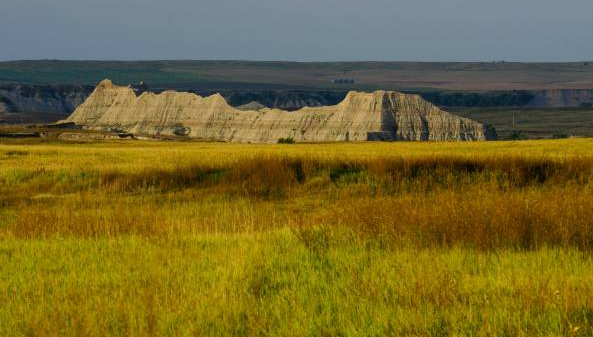The leader of the Pine Ridge Indian Reservation recently reiterated that South Dakota Governor Kristi Noem is not permitted on tribal territories. The indigenous community took this action after the governor delivered a speech concerning the southern border, which was deemed offensive by the Oglala nations. Specifically, her reference to a criminal group known as the “Ghost Dancers” was viewed by tribal leaders as an affront to a sacred element of their heritage.
A speech delivered by Noem on January 31, highlighting the ongoing efforts in Texas to maintain sections of razor wire along the border, caused offense among individuals from Pine Ridge. President Frank Star of the Oglala Sioux Tribe remarked that those whom Noem and similar hard-right conservatives seek to prevent from entering the United States include fellow American Indians from Mexico, Guatemala, El Salvador, and other economically disadvantaged nations.
Star posted a lengthy statement regarding the issue on Facebook on February 2nd. He strongly criticized Noem for likening illegal border crossings to an “invasion,” dismissing her choice of words as a diversionary tactic.
He also denounced her accusations that solely the Biden administration was accountable for the border crisis, asserting that bipartisan shortcomings were responsible. The tribal president emphasized that Noem’s claim regarding the use of reservation lands for cartel drug distribution was deceptive, as the substances were entering native territories from various non-tribal origins in other states.
The reference to “Ghost Dancers” in relation to cartel involvement was seen as particularly offensive, Star noted. In Lakota Sioux history, Ghost Dancers hold significance as they were part of a religious movement that emerged circa 1890, symbolizing hope during a period of hardship for the nation.
In response to the ban, Noem released a statement. The governor expressed her efforts to cultivate a relationship with tribal leaders, highlighting endeavors with state agencies to provide healthcare, food programs, addiction treatment, suicide prevention, and other essential services to residents of the reservation.
She also reaffirmed her claims that tribal lands have suffered the most from Mexican cartel drug and human trafficking, emphasizing her intention to provide assistance.













